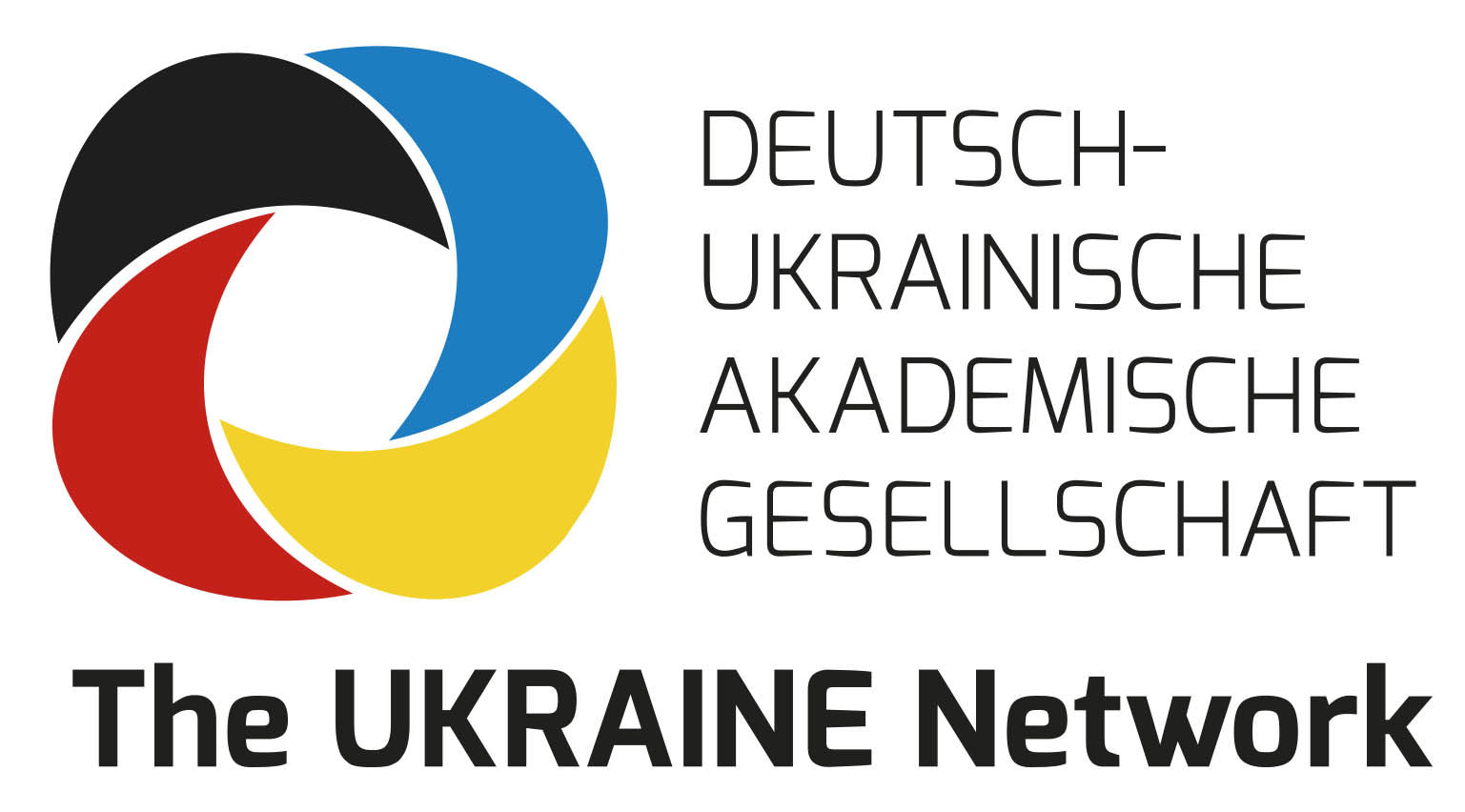Olesia Dmytruk, will lead the Q-light-Topo – Controlling the topological phases of matter with light project at the Center for theoretical physics (CPHT: a joint research unit CNRS, École Polytechnique, Institut Polytechnique de Paris). The project aims to propose a theoretical protocol for engineering topological materials through light coupling. Electronic materials with initially trivial band structure coupled to cavity photons will be considered to achieve this goal. Strong coupling between an electronic system and quantum light gives raise to formation of new phases of matter. There are, however, crucial questions concerning properties and stability of hybrid electron-photon systems, which Olesia Dmytruk will be investigating in greater depth. MORE
Hryhoriy Polshyn, originally from Ukraine, did his PhD in Physics at the University of Illinois Urbana-Champaign, before working at the University of California and eventually joining ISTA as Assistant Professor in June 2022. He will work on “Orbital Chern Insulators in van der Waals Moiré Systems”. His project focuses on the behavior of electrons in graphene and other 2D materials. By stacking together atomically-thin crystals of these materials, one can achieve unprecedented control over their properties. MORE
Yuliya Hilevych, University of Groningen to carry research entiteld “Coping with decline: Comparative social-historical
analysis of depopulation and community welfare in Europe, 1950-2022“. Yulia is Assistant Professor at the Department of Economic and Social History at the University of Groningen. Yulia obtained BA and MA degrees (2010, 2011) in History and Theory of Sociology from the Faculty of History at University of Lviv in Ukraine, and a PhD in Sociology (2016) from Wageningen University (a joint degree with Radboud University) in the Netherlands. Hilevych will work on a project focused on depopulation and community well-being in Europe between 1950 and 2022. The European population is expected to continue declining after 2023, which she refers to as a ‘slow-burning crisis’. Hilevych intends to explore the stories of those who choose to stay and examine how their well-being in terms of health and care evolves. She plans to compare Finland, the Netherlands, and Ukraine in her research. MORE
